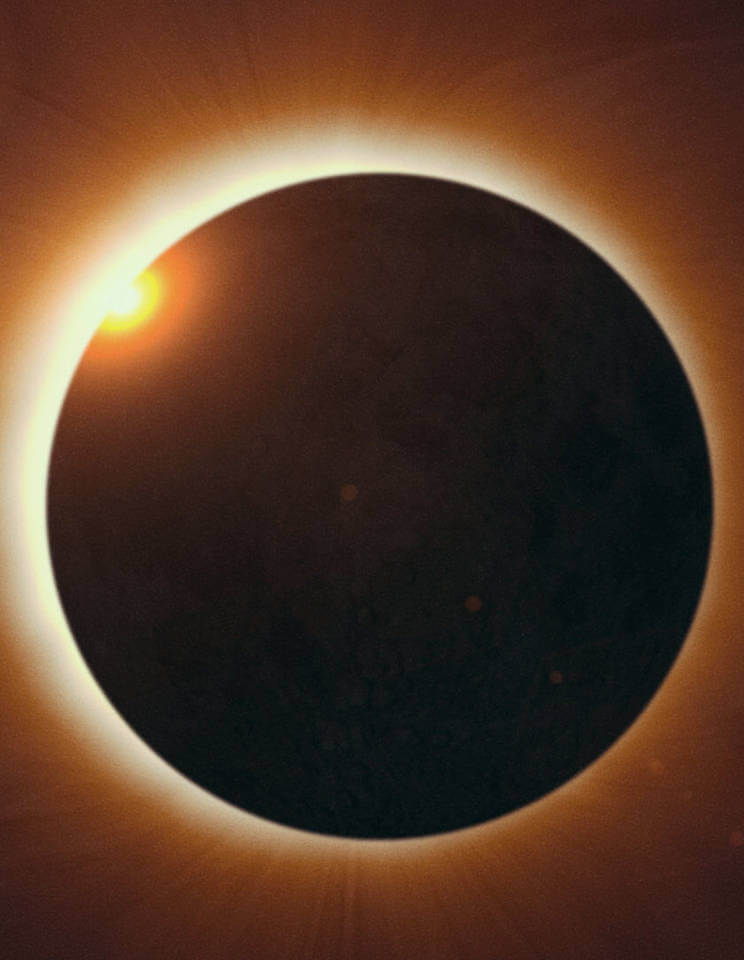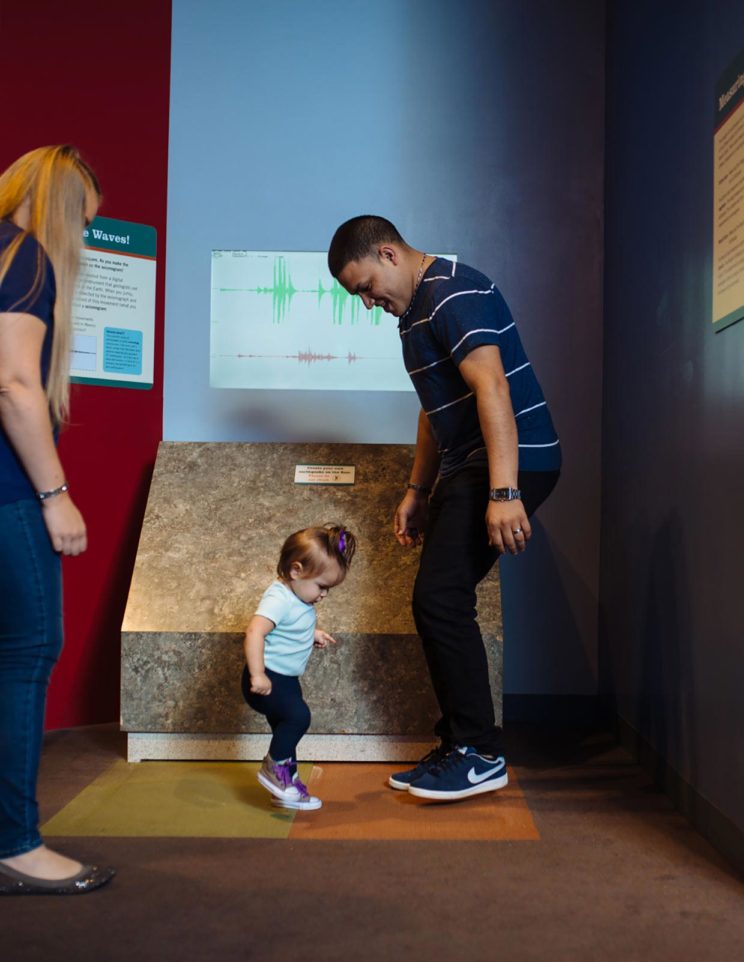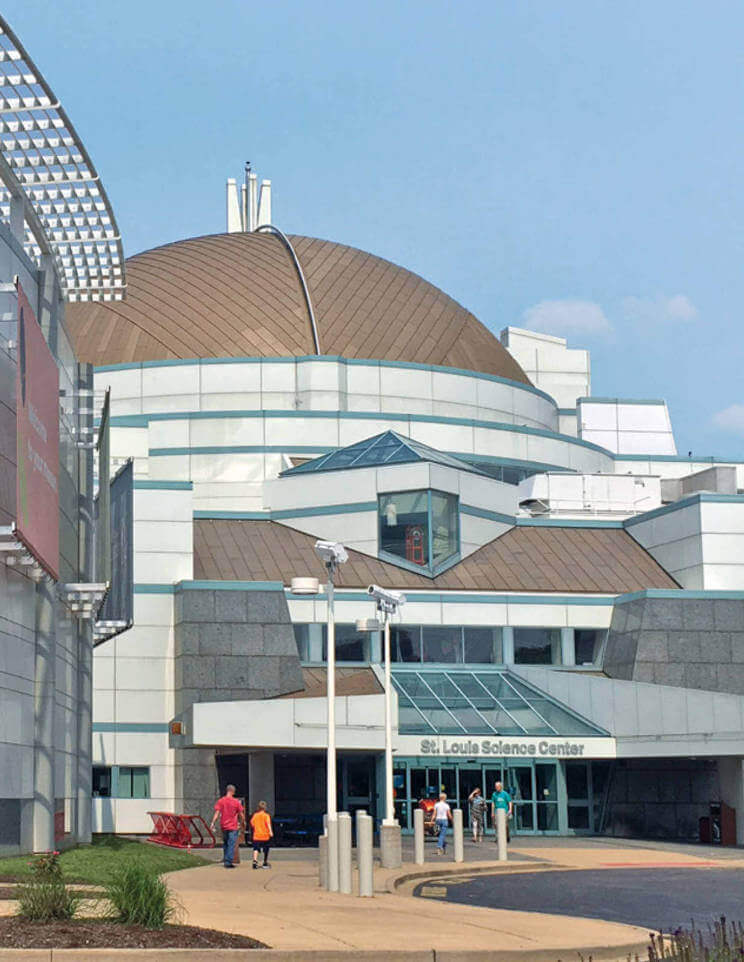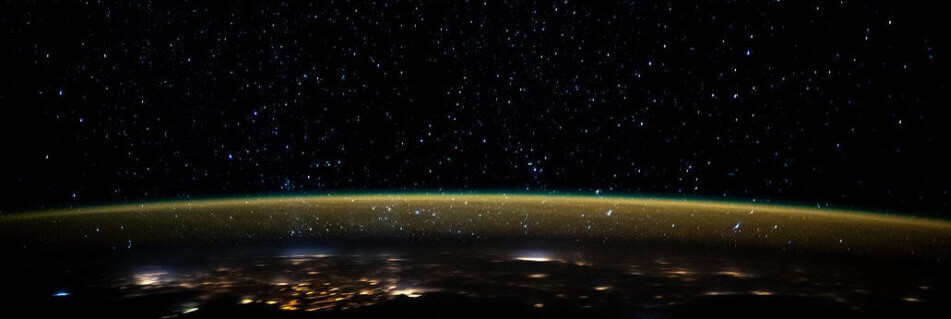March 26, 2024 On this date in 1996, the comet Hyakutake made its closest approach to Earth, passing just 0.1 AU away. This comet was discovered on January 31, 1996, and passed by Earth only a few months later. One of the most surprising discoveries made during this approach was the emission of X-rays, which… Continue reading
Astronomy Fact of the Day: March 25, 2024
March 25, 2024 On this date in 1655, Dutch astronomer Christiaan Huygens discovered Saturn’s moon Titan. It wasn’t until 1847 that this moon received its official name of Titan. It was named by John Herschel, who was the son of William Herschel – discoverer of Saturn’s moons Mimas and Enceladus. Titan image by the Cassini… Continue reading
Astronomy Fact of the Day: March 24, 2024
March 24, 2024 A full moon occurs tonight. Additionally, we can experience a penumbral lunar eclipse. A penumbral lunar eclipse occurs when the Moon enters the outer part of Earth’s shadow – the penumbra. The effect of a penumbral lunar eclipse is a very slight darkening of the Moon, which can be difficult to detect… Continue reading
Night Sky Update: March 23-31, 2024
This is the Saint Louis Science Center’s NIGHT SKY UPDATE for the week of Saturday, March 23, 2024. Information updated weekly or as needed. Times given as local St. Louis time this week will be in Central Daylight Time (CDT). For definitions of terminology used in the night sky update, click the highlighted text. If… Continue reading
Night Sky Update: March 16-24, 2024
This is the Saint Louis Science Center’s NIGHT SKY UPDATE for the week of Saturday, March 16, 2024. Information updated weekly or as needed. Times given as local St. Louis time this week will be in Central Daylight Time (CDT). For definitions of terminology used in the night sky update, click the highlighted text. If… Continue reading
Night Sky Update: March 9-17, 2024
This is the Saint Louis Science Center’s NIGHT SKY UPDATE for the week of Saturday, March 9, 2024. Information updated weekly or as needed. Times given as local St. Louis time this week changes from Central Standard Time (CST) to Central Daylight Time (CDT). For definitions of terminology used in the night sky update, click… Continue reading
Night Sky Update: March 2-10, 2024
This is the Saint Louis Science Center’s NIGHT SKY UPDATE for the week of Saturday, March 2, 2024. Information updated weekly or as needed. Times given as local St. Louis time which is Central Standard Time (CST). For definitions of terminology used in the night sky update, click the highlighted text. If relying on times… Continue reading
Night Sky Update: February 24-March 3, 2024
This is the Saint Louis Science Center’s NIGHT SKY UPDATE for the week of Saturday, February 24, 2024. Information updated weekly or as needed. Times given as local St. Louis time which is Central Standard Time (CST). For definitions of terminology used in the night sky update, click the highlighted text. If relying on times… Continue reading
Night Sky Update: February 10-18, 2024
This is the Saint Louis Science Center’s NIGHT SKY UPDATE for the week of Saturday, February 10, 2024. Information updated weekly or as needed. Times given as local St. Louis time which is Central Standard Time (CST). For definitions of terminology used in the night sky update, click the highlighted text. If relying on times… Continue reading
Night Sky Update: February 3-11, 2024
This is the Saint Louis Science Center’s NIGHT SKY UPDATE for the week of Saturday, February 3, 2024. Information updated weekly or as needed. Times given as local St. Louis time which is Central Standard Time (CST). For definitions of terminology used in the night sky update, click the highlighted text. If relying on times… Continue reading






